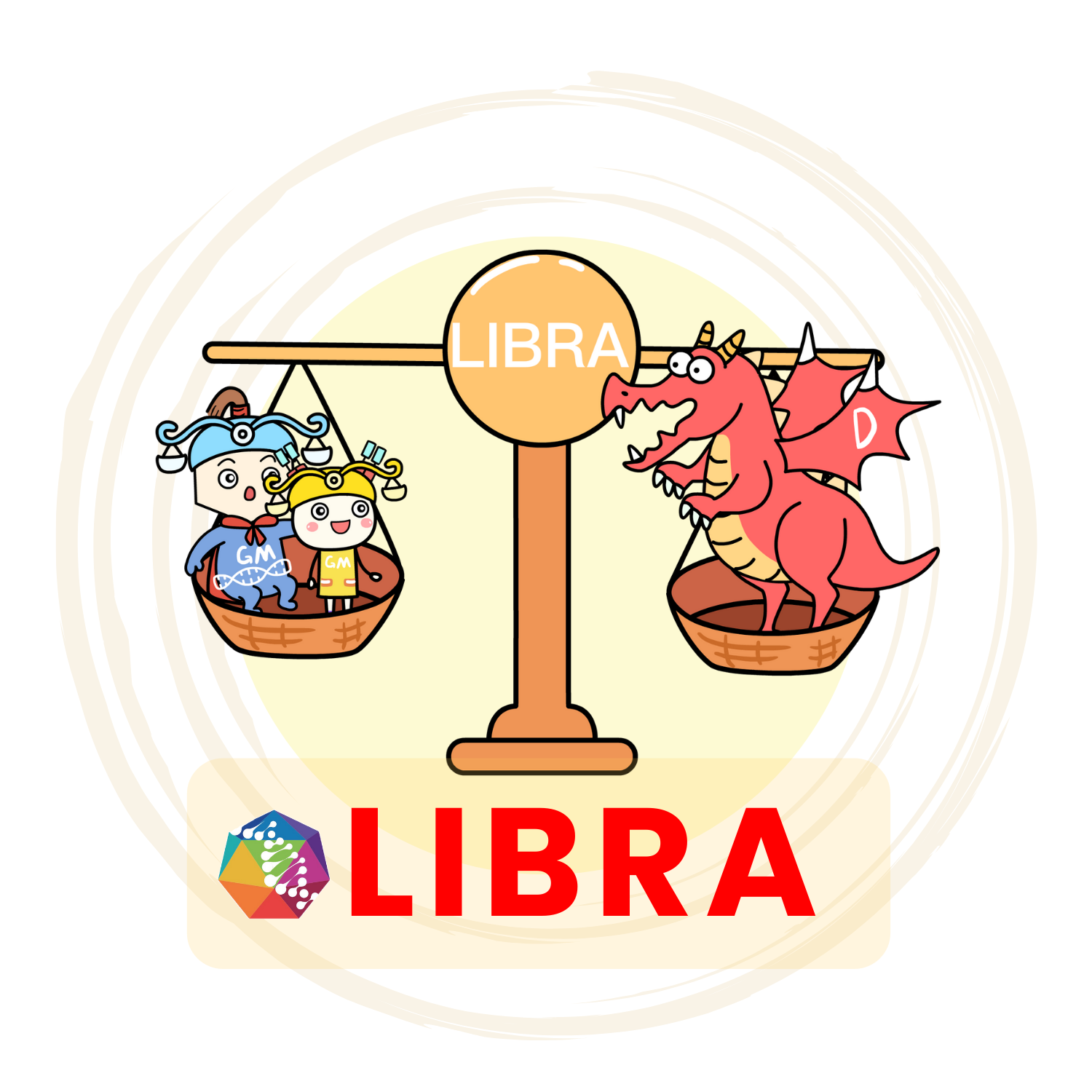Anti-ASCL1/ ASH1/ HASH1 functional antibody
Anti-ASCL1/ ASH1/ HASH1 functional antibody for cell culture, ELISA & in-vivo assay
 Go to ASCL1/ASCL1 products collection >>
Go to ASCL1/ASCL1 products collection >>
(antibodies, antigen, VLP, mRNA, ORF viral vector, etc)
Product information
| Catalog No. | Product Name | Species Reactivity |
|---|---|---|
| GM-Tg-hg-SE1510-Ab-1/ GM-Tg-hg-SE1510-Ab-2 | Anti-Human ASCL1 monoclonal antibody | Human |
| GM-Tg-rg-SE1510-Ab-1/ GM-Tg-rg-SE1510-Ab-2 | Anti-Rat ASCL1 monoclonal antibody | Rat |
| GM-Tg-mg-SE1510-Ab-1/ GM-Tg-mg-SE1510-Ab-2 | Anti-Mouse ASCL1 monoclonal antibody | Mouse |
| GM-Tg-cynog-SE1510-Ab-1/ GM-Tg-cynog-SE1510-Ab-2 | Anti-Cynomolgus/ Rhesus macaque ASCL1 monoclonal antibody | Cynomolgus/ Rhesus macaque |
| GM-Tg-felg-SE1510-Ab-1/ GM-Tg-felg-SE1510-Ab-2 | Anti-Feline ASCL1 monoclonal antibody | Feline |
| GM-Tg-cang-SE1510-Ab-1/ GM-Tg-cang-SE1510-Ab-2 | Anti-Canine ASCL1 monoclonal antibody | Canine |
| GM-Tg-bovg-SE1510-Ab-1/ GM-Tg-bovg-SE1510-Ab-2 | Anti-Bovine ASCL1 monoclonal antibody | Bovine |
| GM-Tg-equg-SE1510-Ab-1/ GM-Tg-equg-SE1510-Ab-2 | Anti-Equine ASCL1 monoclonal antibody | Equine |
Size: 1mg | 10mg | 100mg
Product Description
| Catalog No. | GM-Tg-hg-SE1510-Ab-1/ GM-Tg-hg-SE1510-Ab-2; GM-Tg-rg-SE1510-Ab-1/ GM-Tg-rg-SE1510-Ab-2; GM-Tg-mg-SE1510-Ab-1/ GM-Tg-mg-SE1510-Ab-2; GM-Tg-cynog-SE1510-Ab-1/ GM-Tg-cynog-SE1510-Ab-2; GM-Tg-felg-SE1510-Ab-1/ GM-Tg-felg-SE1510-Ab-2; GM-Tg-cang-SE1510-Ab-1/ GM-Tg-cang-SE1510-Ab-2; GM-Tg-bovg-SE1510-Ab-1/ GM-Tg-bovg-SE1510-Ab-2; GM-Tg-equg-SE1510-Ab-1/ GM-Tg-equg-SE1510-Ab-2 |
| Products Name | Anti-ASCL1 monoclonal antibody |
| Format | mab |
| Target Name | ASCL1 |
| Protein Sub-location | Secreted Protein/Potential Cytokines |
| Category of antibody | FACS/Biofunctional Antibody |
| Derivation (species) | Mouse |
| CH1+2+3 Isotype (Receptor identification) | IgG |
| Type of Light Chain (VD-LC) | N/A |
| Expression platform | Mammalian Expression |
| Bioactivity validation | Binding affinity is validated by ELISA with recombinant soluble protein antigen. The biofunction of antibodies are validated with in-vitro assay (IC50 or EC50 TBD). |
| Tag | Fc |
| Products description | Pre-made anti-ASCL1 benchmark inhibitory monoclonal antibody(mab) (blocking antibody inhibitor) is expressed by mammalian cell line as a benchmark antibody for cell culture, ELISA or other affinity binding assay or functional assay development, animal model development, PK/PD model development (Pharmacokinetics & Pharmacodynamic) |
| Purity | Purity: ≥95% (SDS-PAGE) |
| Application | Biological drug disovery including cell culture, assay development, animal model development, PK/PD model development (Pharmacokinetics & Pharmacodynamic) and mechanism of action (MOA) research. |
| Formulation & Reconstitution | Lyophilized from GM's Protein Stability Buffer2 (PSB2,Confidential Ingredients) or PBS (pH7.4); For PSB2, reconstituted with 0.9% sodium chloride; For PBS, reconstituted with ddH2O. |
| Storage | Store at -20℃ to -80℃ under sterile conditions. Avoid repeated freeze-thaw cycles. |
Reference
Data / case study
Click to get more Data / Case study about the product.
Associated products
| Category | Cat No. | Products Name |
| Target Antigen | GM-Tg-g-SE1510-Ag-1 | Recombinant multi-species ASCL1/ ASH1/ HASH1 protein |
| ORF Viral Vector | pGMLP004565 | human ASCL1 Lentivirus plasmid |
| ORF Viral Vector | vGMLP004565 | human ASCL1 Lentivirus particle |
| ORF Viral Vector | pGMAAV000356 | Norway rat Ascl1 AAV plasmid |
| ORF Viral Vector | pGMLPm000339 | mouse Ascl1 Lentivirus plasmid |
| ORF Viral Vector | vGMAAV000356 | Norway rat Ascl1 AAV particle |
| ORF Viral Vector | vGMLPm000339 | mouse Ascl1 Lentivirus particle |
Target information
| Target ID | GM-SE1510 |
| Target Name | ASCL1 |
| Gene ID | 429,17172,64186,698820,482628,101081993,540473,100146286 |
| Gene Symbol and Synonyms | ASCL1,ASH1,bHLHa46,HASH1,MASH1 |
| Uniprot Accession | P50553,P19359 |
| Uniprot Entry Name | ASCL1_HUMAN,ASCL1_RAT |
| Protein Sub-location | Secreted Protein/Potential Cytokines |
| Category | |
| Disease | Cancer |
| Gene Ensembl | ENSG00000139352 |
| Target Classification | Tumor-associated antigen (TAA) |
The target: ASCL1, gene name: ASCL1, also named as ASH1, HASH1, MASH1, bHLHa46. This gene encodes a member of the basic helix-loop-helix (BHLH) family of transcription factors. The protein activates transcription by binding to the E box (5'-CANNTG-3'). Dimerization with other BHLH proteins is required for efficient DNA binding. This protein plays a role in the neuronal commitment and differentiation and in the generation of olfactory and autonomic neurons. Mutations in this gene may contribute to the congenital central hypoventilation syndrome (CCHS) phenotype in rare cases. [provided by RefSeq, Jul 2008].
About Gmab


GMab, developed by GeneMedi, constitutes an advanced library of recombinant monoclonal antibodies, each meticulously designed to target specific molecular entities. Leveraging the sophisticated capabilities of GM’s Taurus™ and LIBRA™ platforms, GMab synthesizes antibodies characterized by high binding affinity, exceptional physicochemical stability, and optimal developability profiles.
Through expression in mammalian cell lines, GMab has been established as a paradigmatic reference antibody. It holds significance in myriad domains of biological drug discovery, encompassing cellular cultivation, innovative assay methodologies, strategic animal model systematization, in-depth pharmacokinetic & pharmacodynamic (PK/PD) modeling, and intricate mechanism of action (MOA) investigations.






